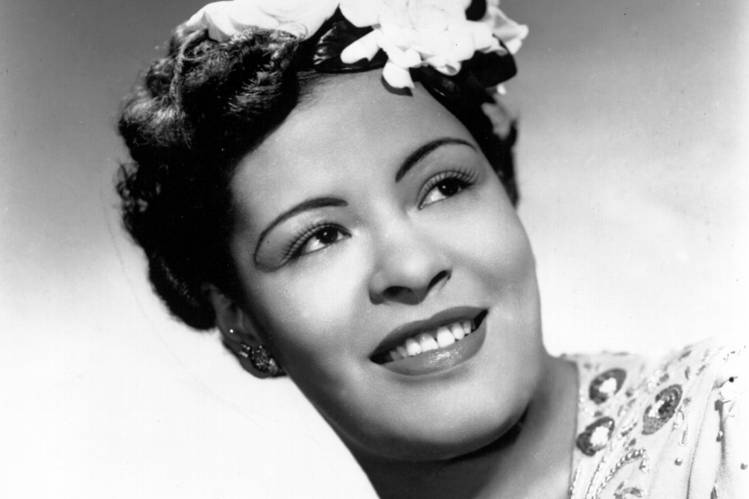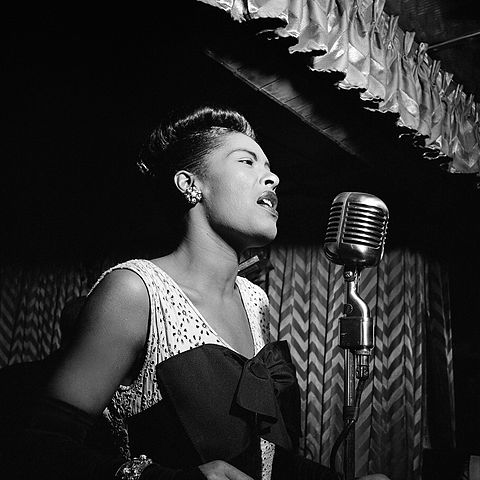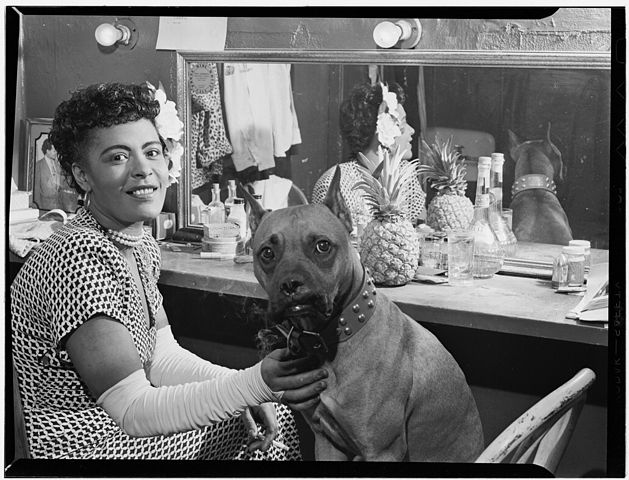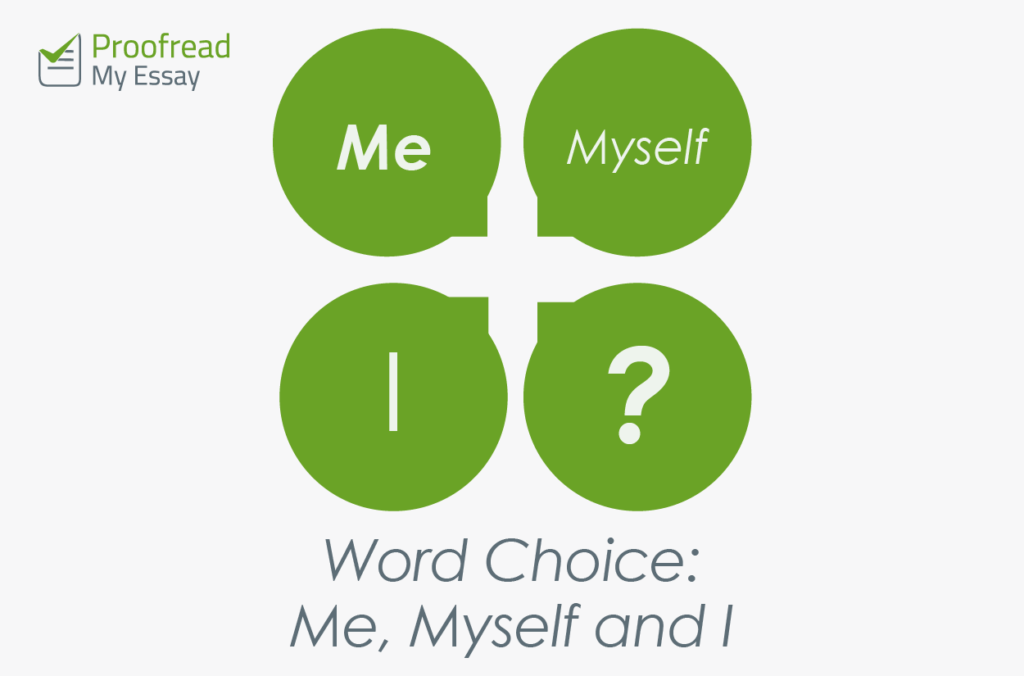The opening lines from Billie Holiday’s ‘Me, Myself and I’ go as follows:
Me, myself and I are all in love with you / We all think you’re wonderful, we do.
This is a touching sentiment, but grammatically it’s a little troubling. Let us explain why.

Subjects and Objects (I and Me)
First of all, we’re not saying that Billie Holiday’s song is wrong. Songs are allowed to play around with language. But in formal writing, such as an essay, it’s important to know the difference between the subject and the object of a sentence.
In short, the subject of a sentence is the person or thing performing an action. The object is the person of thing being acted upon. For instance:
|
Subject |
Verb |
Object |
|
Billie… |
…sang… |
…to Allan |
In this sentence, ‘Billie’ is the subject (the person singing) and ‘Allan’ is the object (the person to whom Billie is singing). Whether we use ‘I’ or ‘me’ in a sentence like this depends on whether we’re describing the subject or the object.
‘I’ is a first-person pronoun used for a subject. So from Billie’s point of view, we’d say:
I sang to Allan.
‘Me’ is a first-person object pronoun. So from Allan’s point of view, we’d say:
Billie sang to me.
If we used these terms the other way round, the sentences would be wrong:
Me sang to Allan.
Find this useful?
Subscribe to our newsletter and get writing tips from our editors straight to your inbox.
Billie sang to I.
So remember: ‘I’ refers to a subject, while ‘me’ refers to an object.
How to Use Myself (Reflexivity and Emphasis)
‘Myself’ is mainly a reflexive object. We use it when referring back to ourselves in a sentence:
I sang to myself.
Here, ‘myself’ indicates that the subject and object of the sentence are the same person. The same is true of other ‘-self’ pronouns, like ‘yourself’ or ‘herself’:
Billie sang to herself.

A second use of ‘myself’ is to emphasise the subject, especially in terms of effort or achievement:
I wrote the song all by myself.
Here, ‘all by myself’ doesn’t add anything new; it simply stresses the speaker’s effort.
Mistakes with ‘Me’ and ‘Myself’
It’s fairly common to see ‘me’ and ‘myself’ misused in sentences that include more than one subject. For instance, you might see someone write:
Billie and me are going to the jazz club.
But this should be ‘Billie and I’, since it refers to the subject. This becomes obvious if we remove ‘Billie’ from the sentence (i.e. ‘Me is going to the jazz club’).
Likewise, you might see ‘myself’ used in place of ‘me’ incorrectly:
Billie sang to Allan and myself.
Again, if we remove the other person from this sentence, the use of ‘myself’ clearly seems wrong (i.e. ‘Billie sang to myself’). It should be:
Billie sang to Allan and me.
As this shows, if you’re ever unsure about pronouns in sentences where more than one person is used as the subject or object, removing the other people will help you know which one to use.




